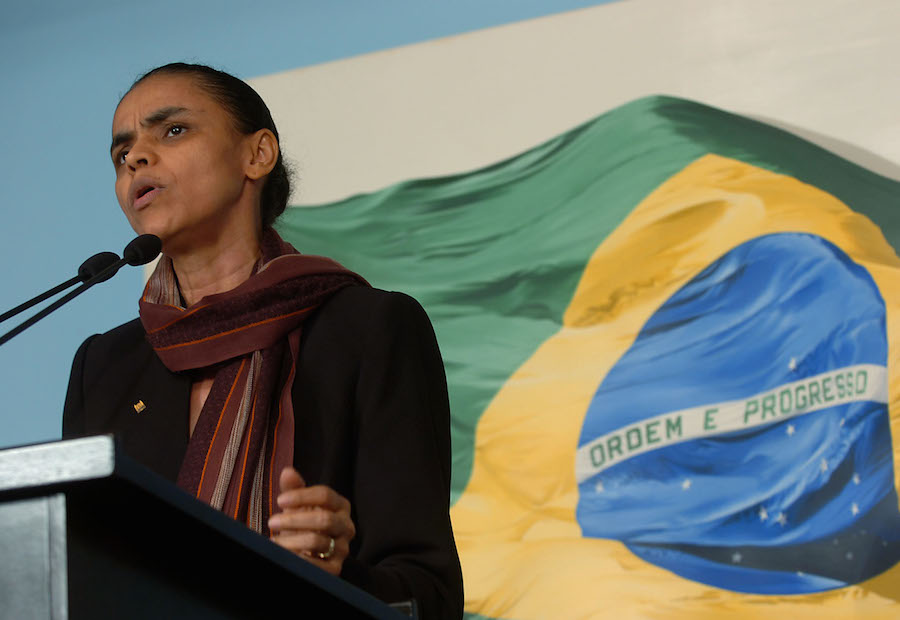Faithfully committing to the wrong candidate
October marks the date of the Brazilian elections. As it approaches, I hear many people saying that Marina Silva, the candidate from the Brazilian Socialist Party (Partido Socialista Brasileiro, or PSB), would be an excellent choice for change. But in my opinion, electing Silva to serve as Brazil’s next president could be the worst decision. A self-proclaimed evangelist whose commitment to the faith has been shown on several occasions, such as when she inaugurated São Paulo’s mega church Templo do Salomão, Silva has often been radical in her statements, mixing politics and religion.
Many Brazilians were shocked when Marco Feliciano, Brazil’s Human Rights President, announced last year that homosexuality was a disease that required psychological treatment. Silva not only sided with Feliciano’s homophobic remarks, but also asserted that he was being criticized because of his religious beliefs. When Eduardo Campos was the presidential candidate for the PSB, he had announced his support for gay marriage; however, when Silva took Campos’ spot after his death, she retracted his statement. The concern is, as the Economist states, that “her Pentecostalist faith makes her illiberal in some areas.”
Silva has also presented contradictory remarks on other subjects. Silva is a well-known environmentalist. After becoming PSB’s lead candidate, she stated that she wanted to promote in Brazil as a source of clean, reliable energy. Campos’ past proposal was to construct more hydroelectric plants. As Brazil’s overall geography consists mostly of plateaus, it is ideal for hydroelectric plants. The country’s largest hydroelectric plant, Itaipu Dam, provides 17% of the energy consumed in Brazil and about 75% in Paraguay. Therefore, the smartest move seems to construct more hydroelectric plants in order to generate more clean energy. However, Silva does not support this solution, claiming that it would cause more harm than good. This is a controversial topic debated by ecologists, but when Silva was asked if there were alternative ways of providing clean energy, she simply avoided the question and talked about how deforestation is a growing concern that will be targeted after her election. Besides this, Silva has also grown increasingly friendly with the agribusiness lobby, a group that she used to scorn.
Overall, besides her reluctance to solve Brazil’s energy deficit, Silva’s consistent appeal to religion makes her an unsuitable candidate for the nation’s presidency. Someone with such a conservative mindset should not be given the power over the fifth-largest country in the world. It is too risky to elect an overtly religious figure as president of a country with a secular government, especially at a time when the Brazilian people need change through clear leadership. The ideal representative would be a candidate who is more open to progress, for, as George Bernard Shaw famously stated, “Those who cannot change their minds cannot change anything.”
Sources: economist.com, businessinsider.com, telesurtv.net

This is Pedro’s third year in The Talon. He believes that being a senior grants him the power to boss people around and show off his authoritarian nature....











